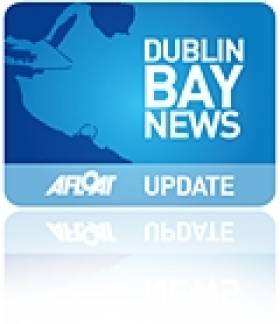Displaying items by tag: Irish maritime library
Dun Laoghaire Harbour's Sunday 'Family-Funday'
Opening times are 11am to 5pm and the entry fee is €3 for adults and children go free. The Funday is to help raise funds to support the local national maritime museum of Ireland in Dun Laoghaire. The Maritime Institute of Ireland is a registered charity, which run the museum through volunteers. In addition they host lectures, represent maritime interests and operate a museum and library.
The museum is housed in the former Mariners Church and is currently closed due to renovation and improvement works. There will be a 'soft launch' or 'preview' of the museum from October to mark the M.I.I.'s 70th anniversary.
Next year the museum is due to be officially re-opened during the Easter. The M.I.I. welcomes new members, volunteers and donations. For further information visit www.mariner.ie
- Pirates
- Carlisle Pier
- Dublin Bay News
- Maritime Institute of Ireland
- Dun Laoghaire Harbour
- M.I.I.
- Mariners Church Dun Laoghaire
- Dun Laoghaire Harbour News
- Irish maritime museums
- Family Funday
- DART Dun Laoghaire
- DART railway
- Pirats and Princesses competition
- Irish maritime interests
- Irish maritime lectures
- Irish maritime library
- National Maritime Museum of Ireland
- NMMI
























































